Shopping for garments made from organic materials or investing in a mattress that is not laced with synthetic chemicals is truly overwhelming. Why? Because big corporations are considering the demand for organically-made products and profiting from them by stamping the organic seal on their product’s label. But certifications like GOTS and GOLS are here to help you see through this facade and make the right purchasing decision.
GOTS vs GOLS certified products are the ultimate mark of organic textile and latex industries. While GOTS is a gold standard for processing organic fibers, GOLS focuses on organic agriculture and processing for organic latex foam. Endorsed by the USDA National Organic Program (NOP), these certifications are recognized worldwide as they ensure observance of sustainable practices from harvesting to distribution. Let’s break down the details of GOTS and GOLS certifications to get a clear picture of their scope, purpose, differences and traceability factors.
What is the Difference Between GOTS Certified and GOLS Certified?
| Distinctions | GOTS | GOLS |
| Material Focus | GOTS offers certification status to a wide array of organic fibers, such as cotton, wool, silk, and hemp, emphasizing an all-around approach to sustainability in textiles. | GOLS certification is tailored explicitly for the organic latex industry. It ensures manufacturers use 100% organic harvesting techniques for raising rubber trees, verifying the organic integrity of products. |
| Scope Differences | GOTS is a comprehensive organic fabric certification applicable to clothing, home textiles, mattresses, upholstery, and more. | GOLS solely concentrates on the latex sector, certifying latex-foam-involved products such as mattresses, toppers, pads, pillows, and so on. |
| Organic Content | For GOTS certification, at least 70% of a textile product should contain organic fibers. | For GOLS certification, a latex-based product should have a minimum of 95% organic latex. |
| Environmental and Social Criteria | GOTS sets rigorous standards in the entire textile supply chain, covering environmental impact, chemical usage, fair trade practices and social responsibility. | GOLS focuses on environmental standards specifically tailored to organic latex production and processing while incorporating fair labor practices to ensure ethical working conditions. |
What is GOTS Certified?
The Global Organic Textile Standard, or GOTS, is a prominent certification system in the textile industry that establishes green processing standards for textiles made from certified organic raw materials. It ensures stringent environmental and social criteria throughout the textile supply chain, emphasizing sustainability and ethical production practices.
As a reputed independent certification, GOTS guarantees the organic purity of finished products from the harvesting stage to the packaging and labeling phases. It offers two types of certifications: “Made with Organic,” comprising a minimum of 70% organic material, and “Organic,” crafted from 95% or more organic fibers.
GOTS prohibits using harmful substances in the form of pesticides, synthetic fertilizers, heavy metals, and genetically modified seeds (GMOs) in cultivating natural fibers such as cotton. Its certification covers various product categories, including clothing for infants and adults, bed and bath textiles, mattresses, upholstery, personal hygiene items, and more.
GOTS was formed collaboratively by the Organic Trade Association (OTA, USA), Internationaler Verband der Naturtextilwirtschaft (IVN, Germany), The Soil Association (UK), and Japan Organic Cotton Association (JOCA, Japan). The goal behind its foundation was to create a globally recognized organic certification for textile processors and manufacturers to export their products worldwide.
Scope of GOTS Certification
GOTS certification covers a wide range of organic fibers, including cotton, wool, silk, and hemp, ensuring that environmentally friendly and socially responsible practices are upheld throughout the production process. Whether it’s the sustainable growth of organic cotton, the ethical practices involved in raising organic wool, the eco-friendly production of cruelty-free silk, or the cultivation of organic hemp, GOTS certification sets a unified standard.
Additionally, GOTS also stands by fair trade principles, guaranteeing that workers throughout the supply chain receive fair wages and operate in safe, healthy working conditions. GOTS strictly bans forced or child labor, aiming to protect the rights and well-being of all employees involved in the production process. With a holistic approach to sustainability and ethics, GOTS promotes responsible and transparent practices in the textile industry.
What is GOLS Certified?
The Global Organic Latex Standard, or GOLS, is the first processing standard for organic latex products. It sets the bar for sustainable practices in the latex industry by providing a specialized framework to regulate natural rubber.
Established by the Control Union, GOLS certifies organically grown latex, and its processing criteria strictly adhere to stringent environmental and sustainability standards. It specifically focuses on natural latex products, including mattresses, mattress toppers, pads, pillows, rubber toys, and shoe soles, certifying products made from 95% or more organic latex.
To achieve the GOLS certification, products may contain certified natural rubber latex, along with other approved materials and accessories. However, if the latex incorporates supplementary materials like cotton or wool covering, they must hold certifications from GOTS or eco-INSTITUT. The eco-INSTITUT certified seal acts as an additional layer of assurance, guaranteeing that household items are low in hazardous chemicals and safe for human health.
Environmental and Social Standards of Organic Latex Processing
A notable aspect of GOLS certification program is its specific attention to the environmental standards tailored for organic latex processing. These stringent standards are formulated to maintain ecological balance by minimizing the impact of latex production, encouraging practices that support biodiversity, promote sustainability, and contribute to the well-being of the environment.
In addition to endorsing organic farming practices for rubber cultivation, GOLS considers fair trade standards. Its certifications incorporate social criteria aligned with the fundamental standards of the International Labor Organization (ILO), guaranteeing fair living wages, safe working conditions and non-discriminatory practices for factory workers engaged in the manufacturing process.
Overall, GOLS certification provides consumers with the assurance that latex used in certified products is sourced and processed with a profound commitment to environmental and social responsibility.
GOTS Certified vs GOLS Certified: Purpose and Quality Assurance
The international organizations, Global Organic Textile Standard (GOTS) and the Global Organic Latex Standard (GOLS) are two prominent certifications with distinct focuses but a shared commitment to the quality assurance of organic textile and latex products.
GOTS
GOTS certification has a broad scope covering every stage of organic textile production. It starts from growing raw materials using organic compounds to eliminating harmful chemical processing and extends till labeling the final product. It conducts rigorous testing to guarantee that ecological criteria were observed in the entire production chain and the finished textile products do not pose any health risks. GOTS caters to consumers looking for holistic assurance of sustainability and ethical production practices in textiles.
GOLS
GOLS focuses on organic harvesting and quality assurance within the natural latex industry. It introduces specific environmental standards for latex processing by cutting out hazardous substances such as synthetic additives, toxic flame retardants, etc. GOLS certification addresses consumer demand for latex-based products by offering quality assurance and the organic nature of such items.
GOTS Certified vs GOLS Certified: Transparency and Traceability
GOTS
GOTS sets a high bar for transparency and traceability in the textile industry. It requires comprehensive documentation and record-keeping in every stage of the supply chain. This emphasis on transparency helps consumers trust the organic origin of GOTS-certified products. This certification label promotes ethical and sustainable practices by tracing each step of production and building an accountable supply chain.
GOLS
Similarly, GOLS prioritizes transparency and traceability in the latex industry. It establishes a clear path and procedure from the farmer level to the certified organic latex product manufacturer. This ensures that every stage of production is documented and audited, guaranteeing the integrity of organic latex products. Moreover, GOLS mandates adherence to social and environmental regulations, further enhancing transparency and accountability in the latex supply chain. With GOLS certification, manufacturers can showcase socially justifiable, environmentally friendly, and traceable products of organic origin throughout their value chain.
Takeaways
To sum up, GOTS and GOLS certifications play pivotal roles in ensuring the integrity, sustainability, and ethical practices within their respective industries. Despite their differences, both certifications provide consumers and manufacturers with quality assurance, transparency, and confidence in choosing organic and sustainably-made products. So, if you’re planning to invest in a new mattress or high-quality, skin-friendly apparel, then remember to look for these seals. Because GOTS and GOLS certifications are the ultimate guarantee of clean, toxin-free products that are safe for you, your family and Mother Nature.
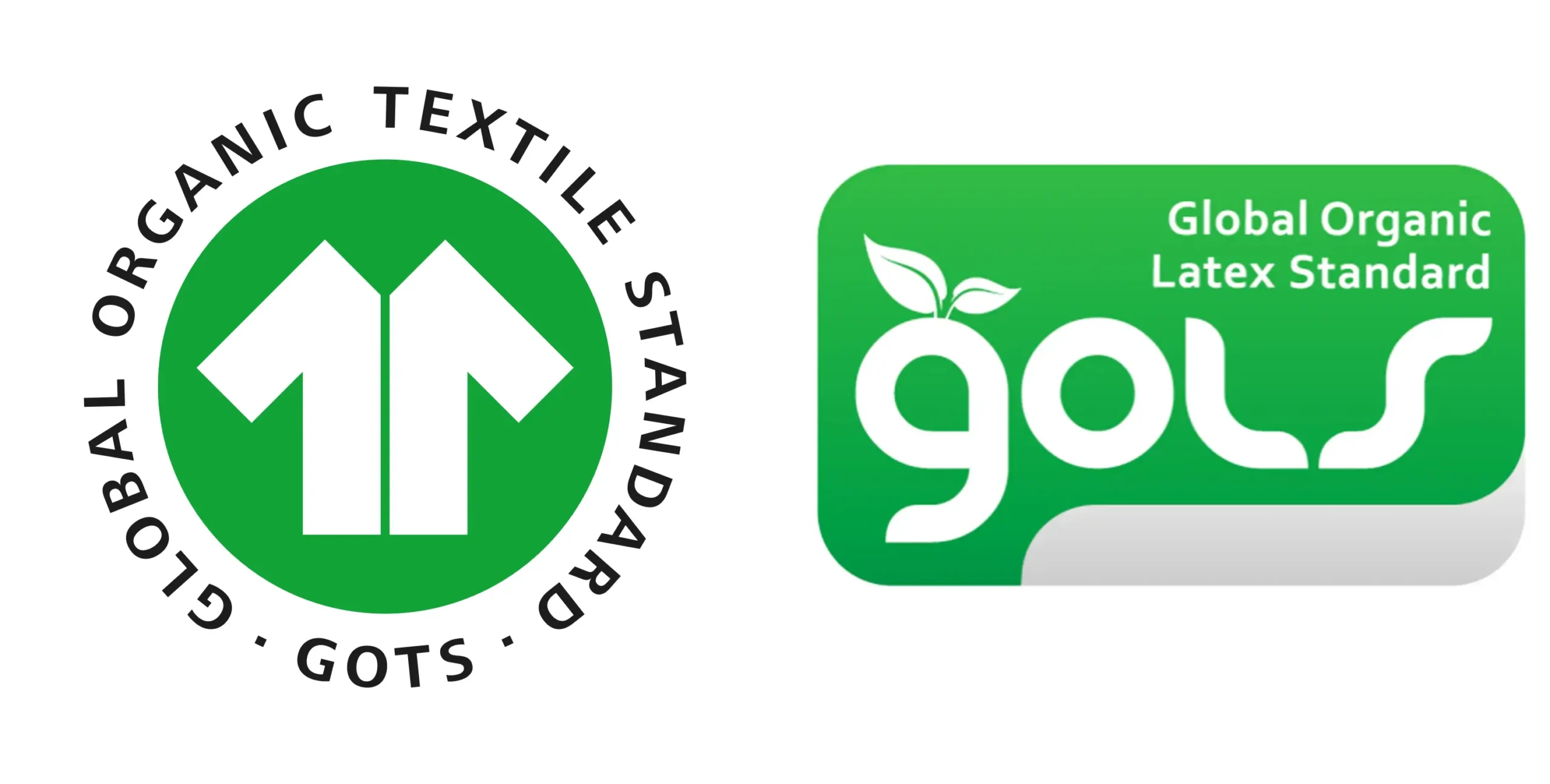
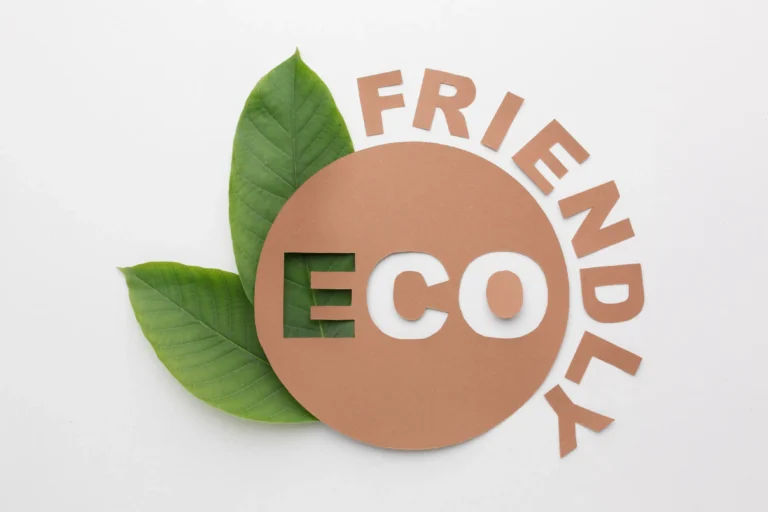

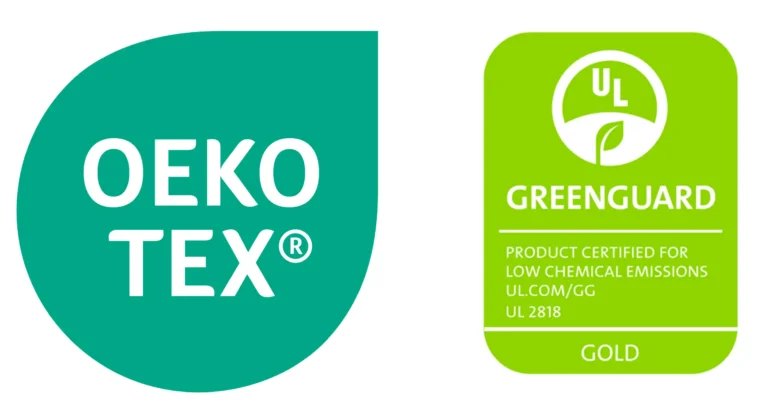
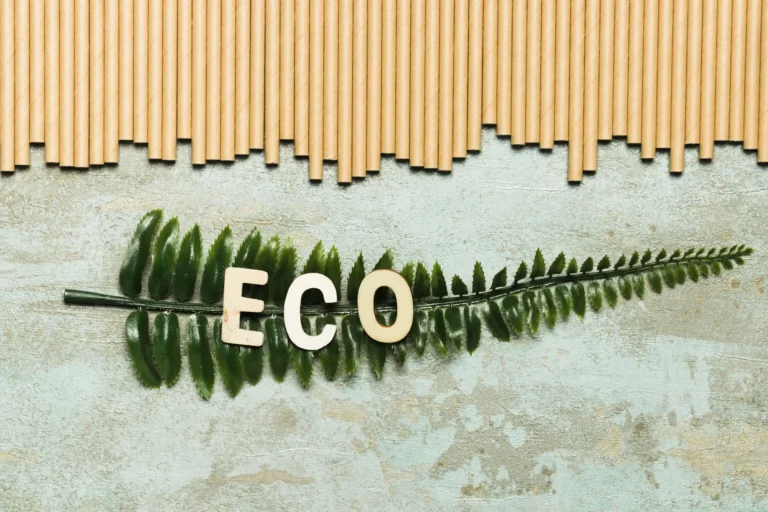
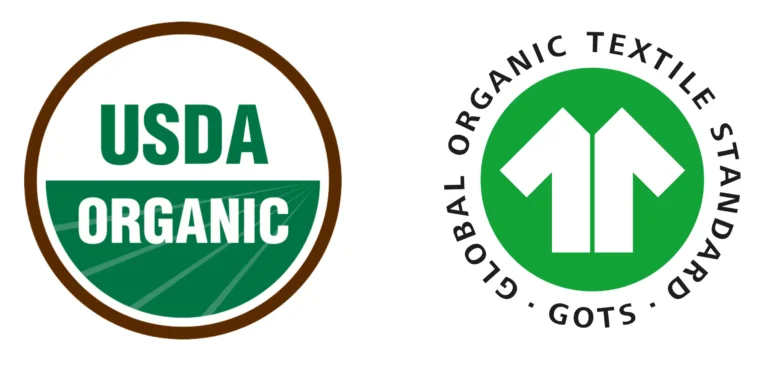
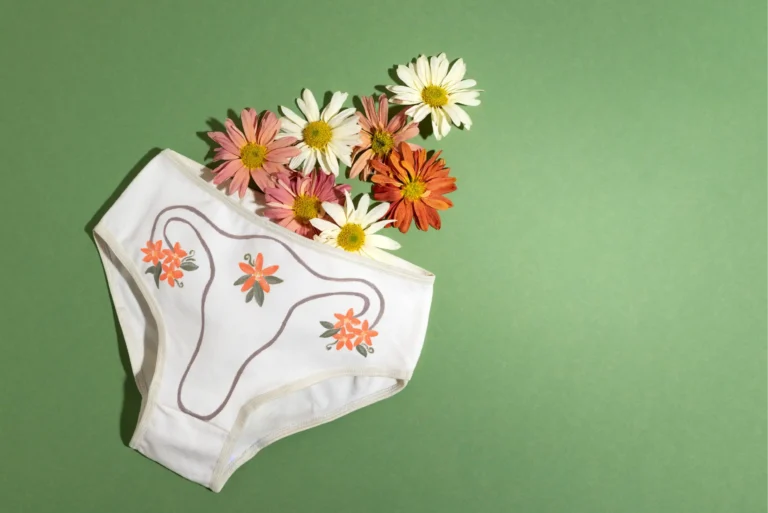
Be Good Do Good – Fashion, The Right Way
Get the Be Good newsletter straight to your inbox. Learn about the fashion industry’s burning problems and sustainability tips, as well as new sustainable and ethical brands.